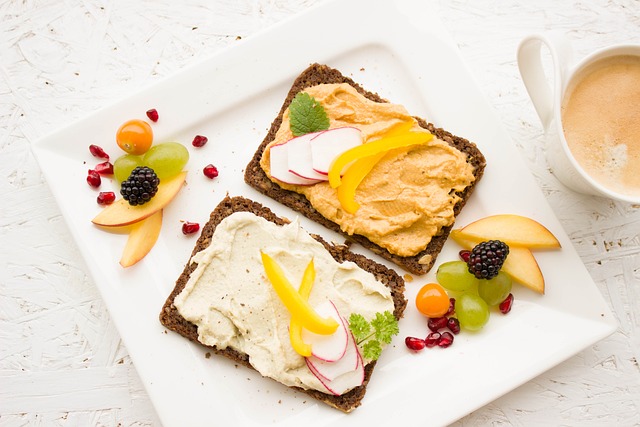The Power of Gut-Brain Connection: How Probiotics Improve Our Mental Health
The human body consists of trillions of bacteria, both good and bad, that reside in various parts of our body such as the gut, skin, and mouth. These bacteria play a crucial role in maintaining our overall health and wellbeing, particularly in supporting our immune system, digestion, and mental health. Among these bacteria, the gut microbiome, which is a collection of microorganisms that live in our digestive tract, has attracted a lot of attention due to its connection to our brain and mental health.
The gut-brain connection is a bidirectional communication pathway that involves the nervous, immune, and endocrine systems. Studies have shown that disruptions in this pathway can lead to a variety of mental health disorders such as anxiety, depression, and even autism. This is where probiotics come into the picture.
What are Probiotics and How Do They Work?
Probiotics are live microorganisms, mainly bacteria and yeasts, that can be consumed through supplements or fermented foods to promote good health. They are often referred to as ‘friendly bacteria’ or ‘good bacteria’ as they help maintain the balance of microorganisms in our gut, preventing the growth of harmful bacteria.
The beneficial effects of probiotics are believed to be due to their ability to modulate the gut microbiome and the gut-brain axis. Probiotics can enhance the production of neurotransmitters such as serotonin and GABA, which are important for regulating mood, anxiety, and stress. They can also reduce inflammation and increase the production of anti-inflammatory cytokines, which in turn can improve our immune system and reduce the risk of mental health disorders.
Do Probiotics Really Work for Mental Health?
Several studies have investigated the effects of probiotics on mental health, and the results are promising. For example, a systematic review of 13 clinical trials found that probiotics had a significant effect on reducing symptoms of depression, anxiety, and stress. Another study showed that probiotic supplementation for 4 weeks improved mood and decreased cognitive reactivity to sad moods in healthy individuals.
In addition to improving mental health, probiotics have also been shown to have other health benefits such as reducing the risk of certain gastrointestinal disorders, improving digestion, and boosting immunity.
Which Probiotic Strains are Best for Mental Health?
Not all probiotic strains are created equal, and different strains may have varying effects on mental health. Some of the most researched probiotic strains for mental health include:
- Lactobacillus acidophilus: This strain has been shown to reduce symptoms of anxiety and depression in animal studies.
- Bifidobacterium bifidum: This strain has been linked to reduced stress and improved cognitive function in humans.
- Bifidobacterium longum: This strain has been found to improve symptoms of depression and anxiety in human studies.
It is important to note that the effectiveness of probiotics may vary depending on the individual, and it may take several weeks or months of regular consumption to see significant results.
How to Incorporate Probiotics into Your Diet
If you’re interested in incorporating probiotics into your diet, here are some tips to get you started:
- Try fermented foods: Foods such as yogurt, kefir, sauerkraut, and kimchi are natural sources of probiotics.
- Take a supplement: Probiotic supplements come in various forms such as capsules, powders, and chewables. Make sure to choose a supplement that contains the strains you’re interested in.
- Read labels: When buying probiotic foods or supplements, read the labels carefully to ensure that they contain live, active cultures.
Conclusion
The gut-brain connection is a fascinating area of research that has the potential to revolutionize the way we treat mental health disorders. Probiotics, with their ability to modulate the gut microbiome and the gut-brain axis, may offer a natural and safe way to improve our mental health and overall wellbeing. If you’re considering trying probiotics, be sure to talk to your healthcare provider first to determine whether they’re right for you.







